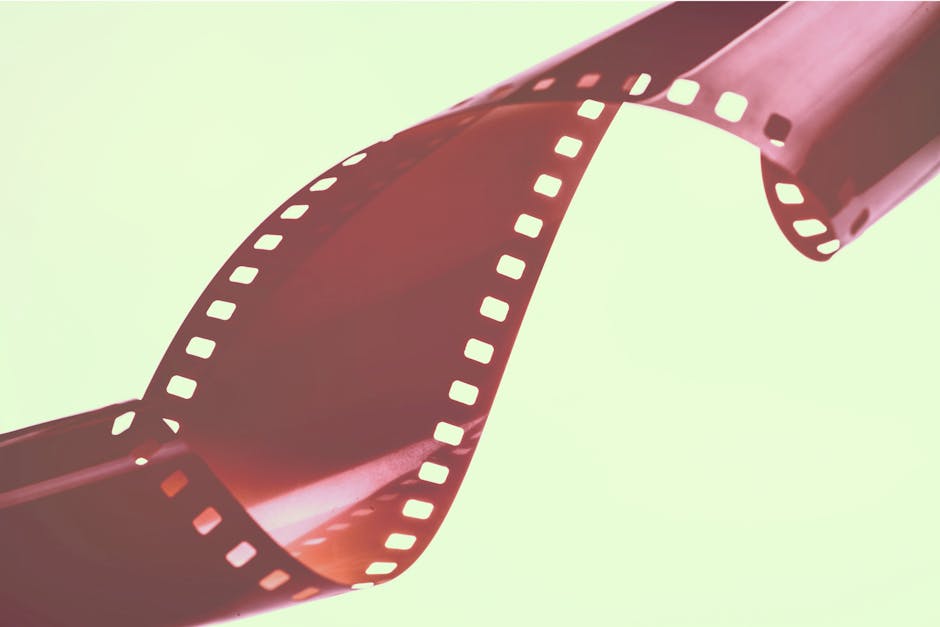Beyond the Textbook Documentary
Let’s be honest. When you hear the words “film history documentary,” what comes to mind? Probably a stuffy, academic affair with a monotone narrator, sepia-toned photographs, and a feeling like you’re back in a college lecture hall. It’s homework, not entertainment.
But what if a documentary could feel different? Imagine pulling up a chair in a smoky Parisian café in the 1960s, eavesdropping on the most electric conversations in cinema history. The air is thick with cigarette smoke, revolutionary ideas, and the clinking of coffee cups. This is the experience of watching Nouvelle Vague, the breathtaking final project from the late, great Jean-Luc Godard. It’s less of a lesson and more of a revelation, turning dusty film history into the ultimate hangout movie.
Not a Lecture, But an Invitation
The term “hangout movie” is usually reserved for fiction films where plot takes a backseat to atmosphere. Think of Richard Linklater’s Dazed and Confused or, for a more desi flavour, Farhan Akhtar’s Dil Chahta Hai. These are films you inhabit, chilling with the characters and soaking in their world. In his cinematic last will and testament (assembled posthumously by collaborator Fabrice Aragno), director Jean-Luc Godard applies this exact ethos to the documentary format.
Nouvelle Vague chronicles the French New Wave, the seismic movement that ripped up the rulebook of filmmaking. We see its icons—Godard himself, François Truffaut, Agnès Varda, Jacques Rivette, Claude Chabrol—not as historical figures, but as a vibrant, argumentative, and fiercely intelligent group of friends and rivals.
Eavesdropping on a Revolution
The film achieves its immersive quality through a brilliant collage of archival interviews, film clips, and behind-the-scenes footage. It’s edited not for linear chronology but for emotional and intellectual impact, making you feel like you’re part of the gang.
You’re right there as a young Truffaut discusses breaking the fourth wall. You’re in the room as Godard, with his trademark swagger, deconstructs the language of cinema. The film presents their discourse as an ongoing, passionate conversation—an ‘adda’ session for the ages, where the topic just happens to be the future of art. There are no modern-day experts explaining what it all meant; the film trusts you to simply listen in and absorb the energy. This unique approach is what solidifies its status as a cinematic hangout.
A Familiar Spirit for Global Cinephiles
For Indian cinephiles, the spirit of the French New Wave has always resonated deeply, mirroring the audacity of our own Parallel Cinema movement. Filmmakers like Satyajit Ray, Mrinal Sen, and Shyam Benegal defied commercial formulas to tell more authentic stories. Watching Nouvelle Vague feels like discovering the DNA of that rebellious spirit, a powerful reminder that cinema, at its best, is a tool for provocation and personal expression.
Ultimately, Nouvelle Vague succeeds because it understands that the French New Wave wasn’t just an artistic movement; it was a vibe. It was about youth, freedom, and the belief that a camera could change the world. This film doesn’t just tell you about it; it invites you to experience it firsthand. Forget the stuffy lectures; this is a documentary you don’t just watch, you hang out with. It’s a session you won’t want to miss.




